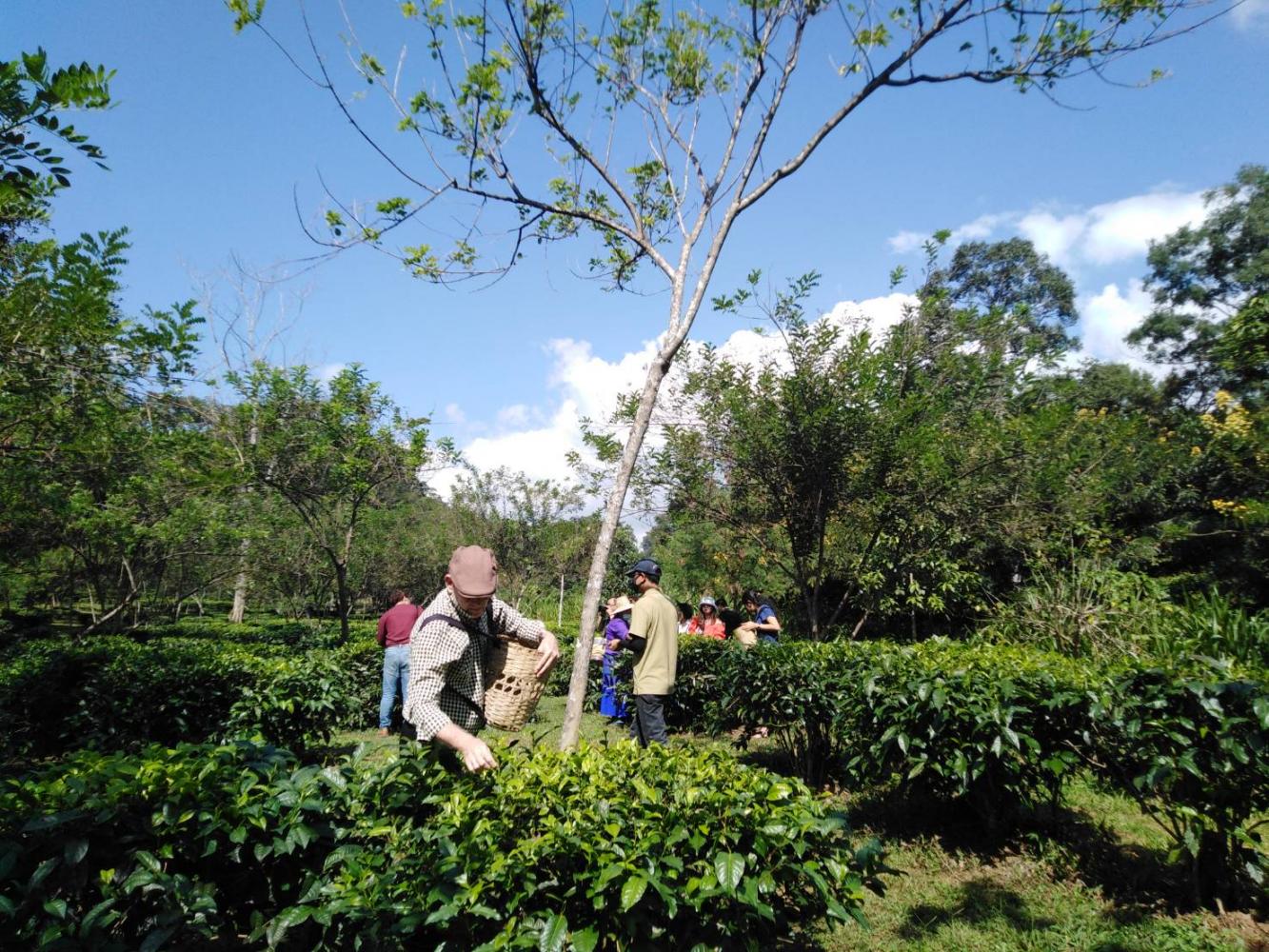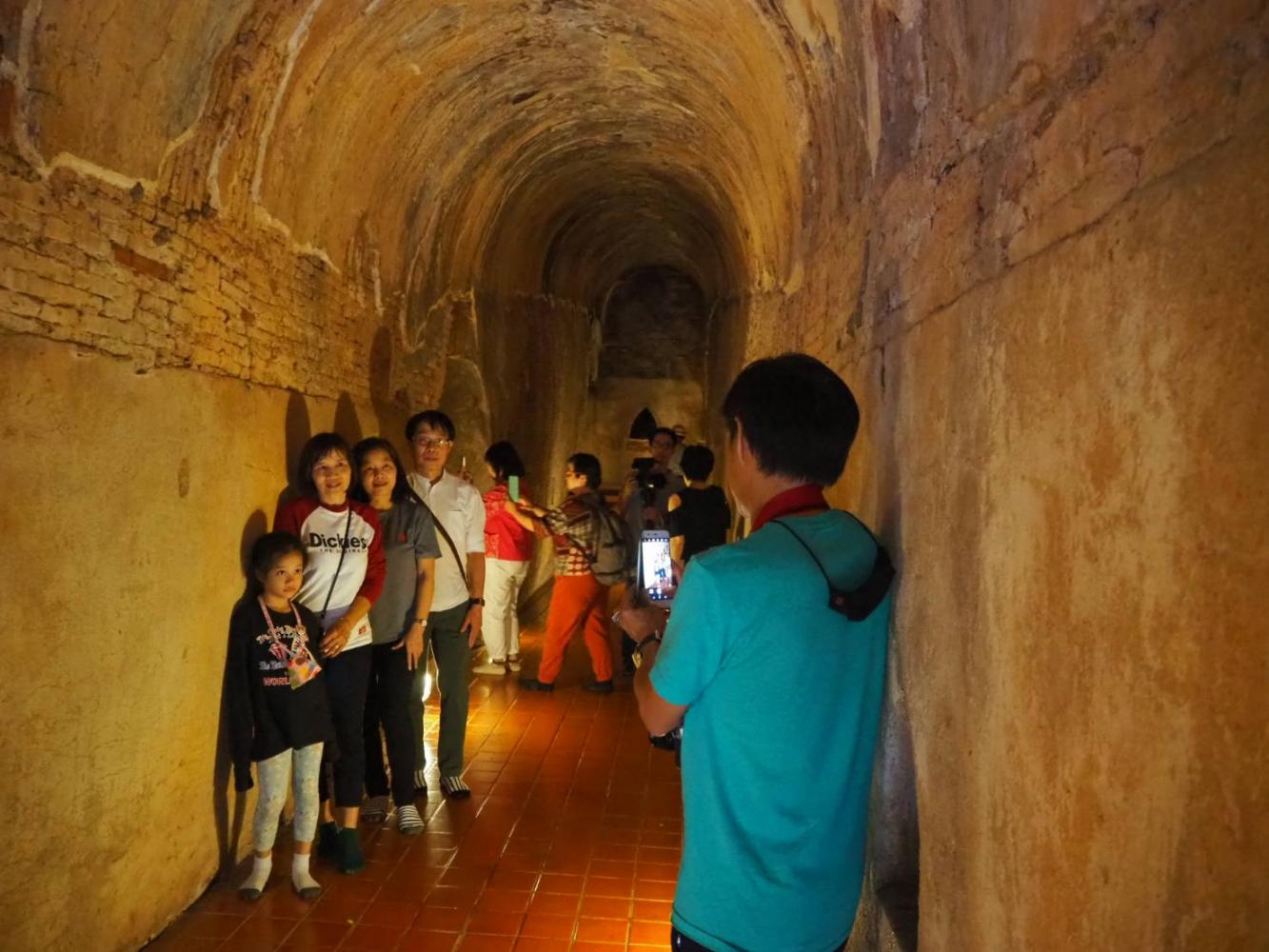
With the pandemic predicted to persist, limiting face-to-face connections among people, Mice (meetings, incentives, conventions and exhibitions) business travellers remain anchored at home.
Tourism operators in Chiang Mai, a Mice city promoted by the Thailand Convention and Exhibition Bureau (TCEB), has been hit particularly hard by the dearth of international arrivals.
Sittipong Wongsomboon, general manager of Northern Smile Travel, a Chiang Mai-based destination management company, said the main target market in the province is international arrivals, particularly those in the leisure and incentive segments.
He said even though the company has pivoted to domestic customers, it cannot penetrate this market as well as outbound tour operators familiar with the needs of local customers.
To compete on price, it cannot afford to fight the expertise of domestic tour operators.
"Preparing new tourism products that highlight local experiences for tourists when the borders are reopened is the only thing we can do," Mr Sittipong said.
With the tough situation of having received no new customers since April, the company has had to adopt a leaner approach, temporarily stopping the payment of fixed salaries instead sharing income based on the amount it has earned.
The company also created online communities with boutique hoteliers in Chiang Mai to offer tour packages and hotels for niche markets.
But hoteliers themselves cannot depend solely on selling rooms, as it's not enough to ensure survival.
Nantanittaya Sesaweech, assistant managing director of Horizon Village and Resort, said each hotelier has had to find a new business model to stand on their own feet instead of waiting for the country to reopen.
She said her hotel has to find new revenue streams by selling plants and organic vegetables, keeping up with wellness trends during the slowdown.
The majority of guests prior to the pandemic were international Mice travellers from China, followed by the US who liked to have team-building activities such as making luk prakob, herbal hot compress used in Thai massage.
International guests normally stayed 2-3 nights with a budget of around 2,800 baht per day, higher than locals who stay for one night and have an average budget of 600 baht.
She said the remaining domestic Mice market consists of groups from hospitals, educational institutions and state agencies.
With regard to border closures, Thailand's Mice industry during fiscal 2020 which ran from Oct 1, 2019 to Sept 30, 2020 saw a sharp drop of 60% year-on-year as the country welcomed 10.5 million visitors, generating 61.3 billion baht in revenue, according to the TCEB.
Foreign Mice travellers accounted for about 500,090 visitors, generating 29.8 billion baht, while there were nearly 10 million domestic Mice travellers, contributing 31.5 billion.

Local tourists pose for some photos at Wat Umong, a 700-year-old temple in Chiang Mai.
SILVER LINING
The outbreak forced many people to leave the city and return home, but they can still play a part in lifting up their hometown economy by helping folks develop value-added craft products and using social media to promote the community, said Chatchawan Thongdeelert, leader of Loang Him Kao community, a handicraft community-based tourism venture.
In the pre-Covid era, most visitors came from China and Japan, but the market now has shifted to domestic tourists with the focus on meetings and incentive groups.
Visitors can participate in art workshops such as indigo dyeing, painting umbrellas and fans as well as making soap, eco-print tote bags and handcraft flowers. Prices range from 300-1,800 baht per person based on the intricacy of the handicrafts.
Mr Chatchawan said the community has welcomed an average of one corporate group per week since October. A group of 400 people is scheduled to visit the community in January.
In terms of Tourism Authority of Thailand (TAT) campaigns to attract more Mice travellers, Pakkanan Winijchai, director of TAT's Chiang Mai office, said it will plan additional campaigns and events in March and April to support the upcoming low season. It will introduce road trips linked to other northern provinces to serve corporate groups and independent travellers.
